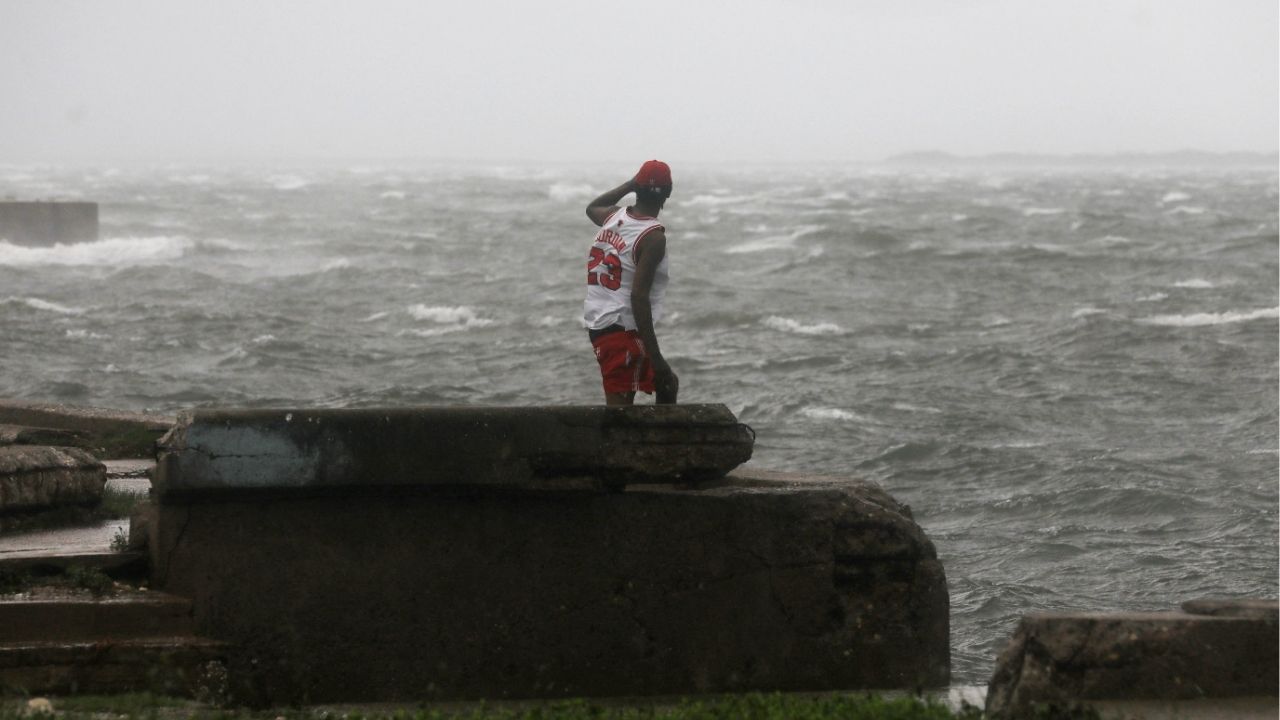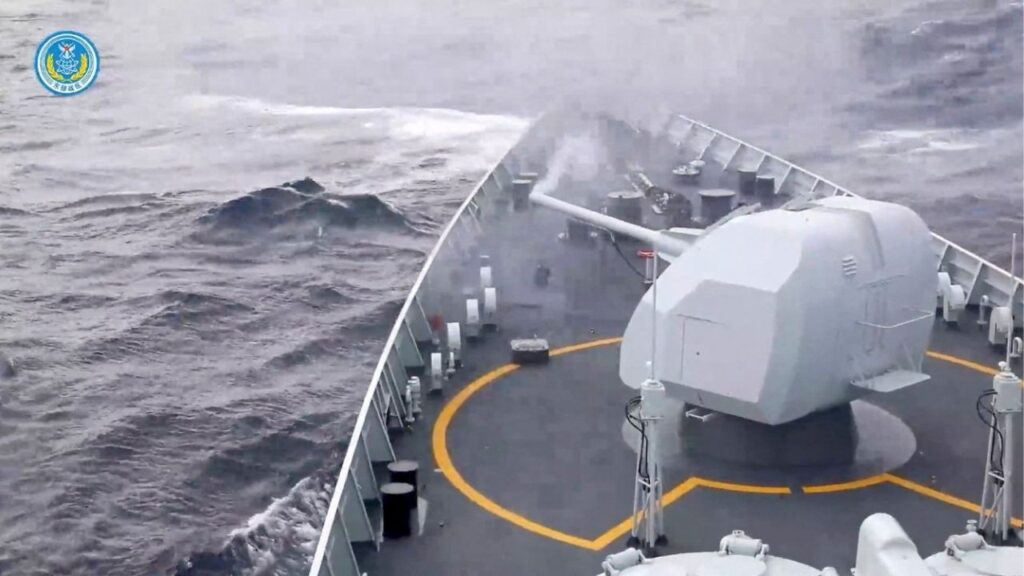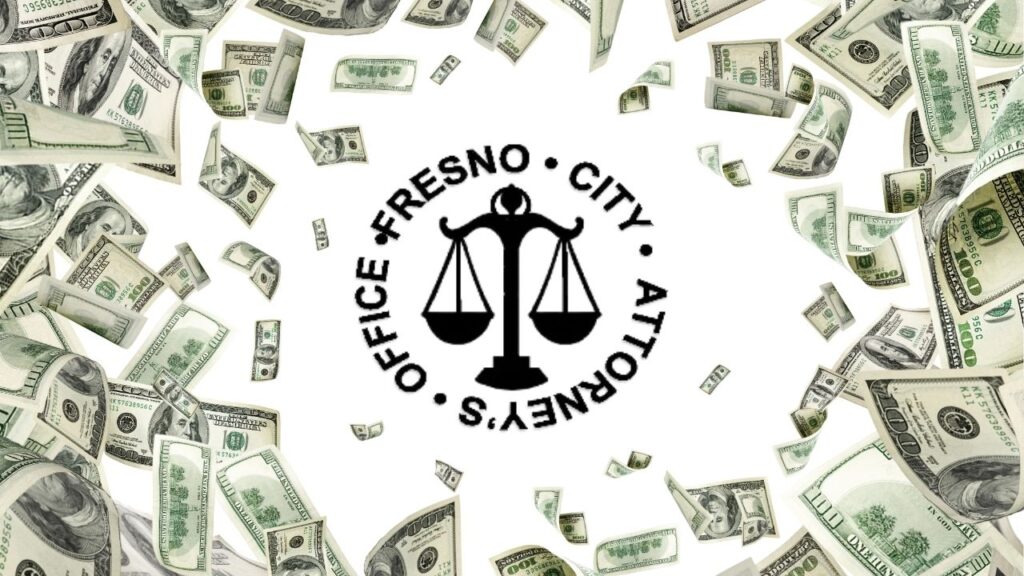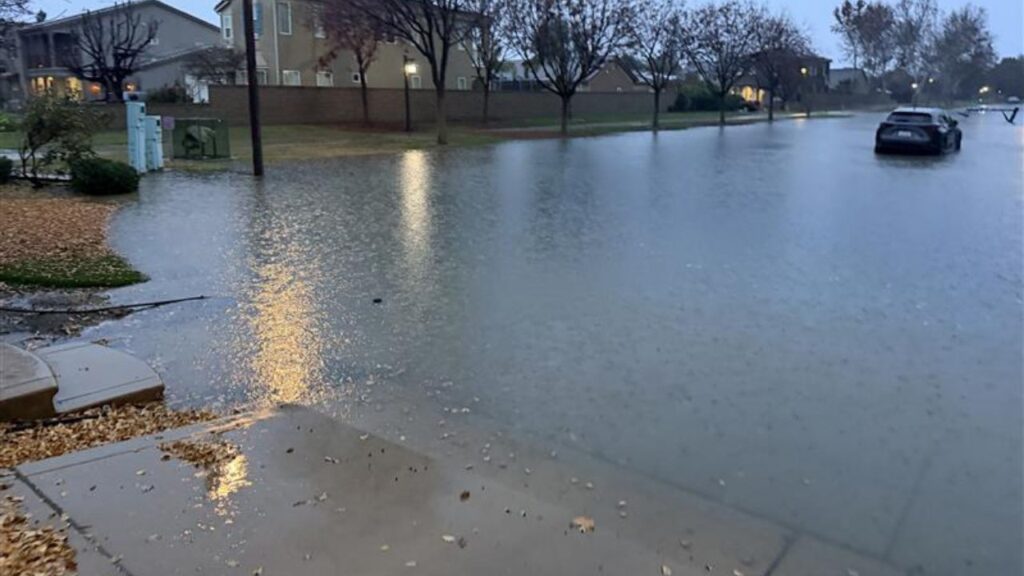A man watches the waves, as Hurricane Melissa approaches, in Kingston, Jamaica, October 28, 2025. (Reuters/Octavio Jones)
Share
KINGSTON — Hurricane Melissa weakened slightly to a still powerful Category 4 hurricane after making landfall in Jamaica Tuesday afternoon as the strongest-ever storm to directly hit the Caribbean nation of 2.8 million people.
Melissa made landfall near the town of New Hope, 62 km (39 miles) south of Montego Bay, packing maximum sustained winds of 185 mph (295 kph), the U.S. National Hurricane Center said in an advisory, well above the minimum strength of a Category 5 storm, the most powerful level on the Saffir-Simpson scale.
By 2000 GMT, it had weakened to 150 mph (241 kph), the NHC said.
The slow-moving storm is forecast to remain a powerful hurricane as it crosses the mountainous island, whose highland communities are vulnerable to landslides and flooding, and heads towards Santiago de Cuba, Cuba’s second-largest city.
The Miami-based hurricane center warned that “total structural failure” was likely in Melissa’s path.
“The island has never taken a direct hit from a Category 4 or a Category 5 hurricane in recorded history,” said U.S. forecaster AccuWeather’s lead hurricane expert, Alex DaSilva. “The destruction could be unlike anything people in Jamaica have seen before.”
Melissa is the third most intense hurricane observed in the Caribbean after Wilma in 2005 and Gilbert in 1988, according to AccuWeather. Gilbert was the last major storm to directly hit the island.
Colin Bogle, a local adviser to aid group Mercy Corps in Portmore, near Jamaica’s capital, said he had heard a loud explosion in the morning, and then everything went dark. Sheltering with his grandmother, he reported hearing relentless noise and saw trees violently tossed in the wind.
“People are scared. Memories of Hurricane Gilbert run deep, and there is frustration that Jamaica continues to face the worst consequences of a climate crisis we did not cause,” he said.
“Food aid will be needed, but recovery support like seeds, tools, and repairs for vehicles will be just as critical to help people restore their livelihoods.”
Scientists warn that storms are intensifying faster as a result of climate change warming ocean waters.
‘Like a Roaring Lion’
As Jamaica’s electricity utility reported that more than a third of customers saw power knocked out across the island, Environment Minister Matthew Samuda told CNN his office was receiving videos of “severely damaged public infrastructure,” including hospitals and places of safety.
Some 70% of the population lives within 5 km (3 miles) of the sea, Samuda added.
Black River Hospital, 20 km (12 miles) southeast of where Melissa made landfall, reported significant damage to one of its blocks.
Some 150 km (94 miles) away from where Melissa made landfall, 64-year-old retiree Collin Henry McDonald in Portland Cottage told Reuters his community was seeing strong rain and winds, but his concrete roof was holding steady.
“It’s like a roaring lion. It’s mad. Really mad,” he said.
Local authorities reported before the storm made landfall that 6,000 people had moved into temporary shelters. The government had issued mandatory evacuation orders for 28,000 people, but some were reluctant to leave their homes.
The disaster coordinator for an area directly hit by the storm suffered a stroke while carrying out her duties and was rushed to hospital, Jamaica’s local government minister said.
In southeastern Jamaica, health authorities warned residents to watch out for crocodiles that could be displaced from swamps and rivers.
Jamaica’s ‘Storm of the Century’
“It’s a catastrophic situation,” the World Meteorological Organization’s tropical cyclone specialist Anne-Claire Fontan told a press briefing, warning of storm surges up to four meters high.
“For Jamaica, it will be the storm of the century for sure.”
Nearby Haiti and the Dominican Republic have faced days of torrential downpours leading to at least four deaths, authorities said. At least three people died during storm preparations in Jamaica, local media reported.
Melissa is forecast to cross eastern Cuba still as a powerful storm, then head through the Bahamas, where Prime Minister Philip Davis has ordered evacuations for people in southern and eastern parts of the archipelago.
In Cuba, authorities said they had evacuated about 500,000 people from areas vulnerable to winds and flooding.
“Melissa will arrive with force, and there’s great concern about what it could destroy in its wake,” Cuban President Miguel Diaz-Canel said in a message published in state newspaper Granma, in which he urged people in vulnerable areas to evacuate.
Storm Intensified on Approach
Melissa’s slow movement over unusually tepid Caribbean water had contributed to its ballooning size and strength, NHC forecasters said, threatening Jamaica with days of never-before-seen catastrophic winds and rain.
Melissa could bring up to 30 inches (762 mm) of rain to parts of Jamaica, and up to 12 inches to parts of the island of Hispaniola, the NHC said.
The International Federation of the Red Cross said up to 1.5 million people in Jamaica were expected to be directly affected by the storm.
Melissa made landfall in southwestern Jamaica, which was one of the areas worst-hit by last year’s Hurricane Beryl.
On Monday, Prime Minister Andrew Holness called for foreign support, saying the government had an emergency budget of $33 million and insurance and credit provisions for damage a little greater than that sustained from Beryl.
AccuWeather Chief Meteorologist Jonathan Porter said slow-moving major hurricanes are often the most destructive. “This is a dire situation unfolding in slow motion,” he said.
—
(Reporting by Zahra Burton in Kingston, Sarah Morland and Brendan O’Boyle in Mexico City, Dave Sherwood in Havana, David Ljunggren in Ottawa, Emma Farge in Geneva and Ashitha Shivaprasad in Bengaluru and Harold Isaac in Montreal; Editing by Kirsti Knolle, Ros Russell, Rod Nickel and Aurora Ellis)
RELATED TOPICS:
Categories



















